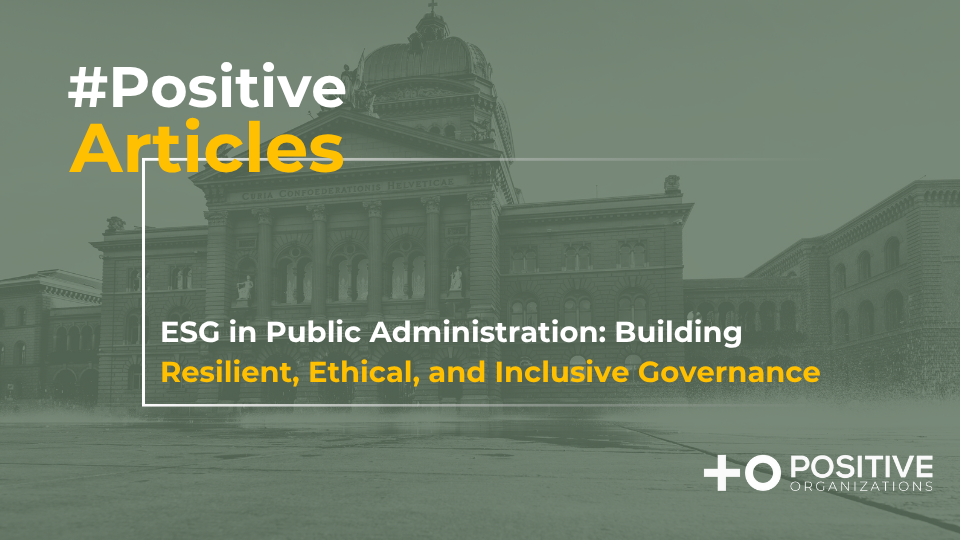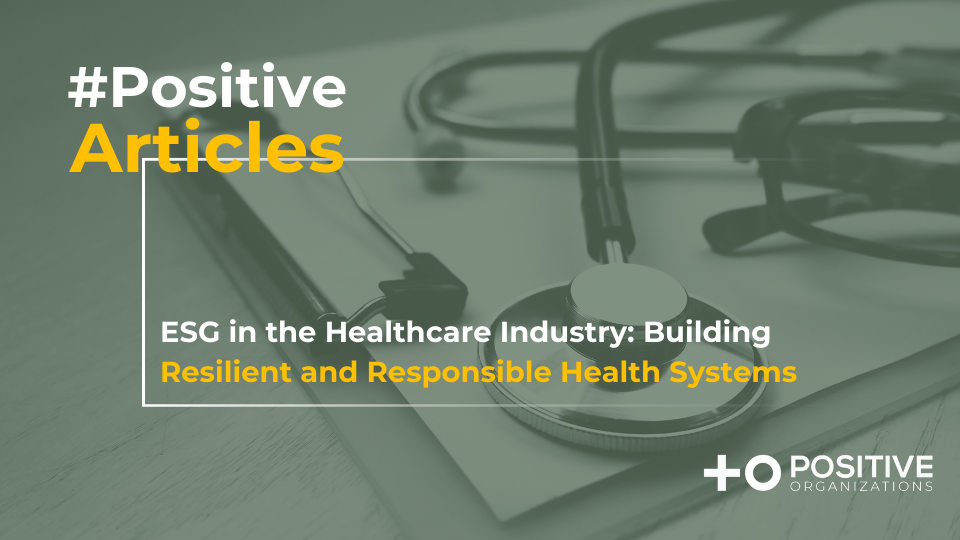.png)

In today’s rapidly evolving regulatory landscape, Swiss companies are facing mounting pressure—not just from Bern, but from Brussels, Paris, and Berlin too. Environmental, Social, and Governance (ESG) regulations are no longer just a checkbox for sustainability reports. They are a strategic imperative—and a reputational necessity.
So, how can Swiss companies, particularly SMEs, navigate this maze of regulations and rise to the challenge?
The answer lies in understanding both the Swiss legal framework and the ripple effects of European legislation. Let’s unpack what matters—and how to stay ahead.
Switzerland has taken bold steps to align with international climate goals, translating global ambitions into national law. Under Articles 964a to 964l of the Swiss Code of Obligations, large public interest entities—such as listed companies, banks, and insurance firms—that exceed two of the following thres holds (500 employees, CHF 20 million in assets, or CHF 40 million in revenues) must report on ESG topics annually.
These reports must:
• Include disclosures for climate-related risks and opportunities;
• Be approved by the board of directors;
• Remain publicly accessible for at least 10 years.
In addition, under Articles 964j to 964l CO, companies importing conflict minerals or offering products with potential child labour risks must implement due diligence and transparency measures.
While these obligations don’t directly affect most SMEs, the ripple effect is undeniable. Increasingly, small and medium enterprises are expected to prove ESG compliancet o remain competitive—especially in B2B markets, public procurement, and financial assessments.
Switzerland’s Climate and Innovation Act (LOCLI), effective from 2025, supports the country’s 2050 net-zero goal with generous incentives—including up to CHF 200 million annually, tax breaks, and free advisory services. Even SMEs can benefit from programs like Reffnet and Suisse Energie to lower emissions and costs.
Even smaller companies can take advantage of this supportive framework to become part of the national solution—and boost their bottom line in the process.
If your company operates abroad, supplies European clients, or aspires to grow beyond Swiss borders, EU regulations will touch your business—directly or indirectly.
Major EU regulations—like CSRD, CSDDD, and CBAM—extend ESG obligations to non-EU suppliers, requiring Swiss firms to provide ESG data, conduct due diligence, and meet carbon standards to maintain access to EU markets.
Swiss firms that are not prepared may quickly fall behind competitors or be excludedfrom EU procurement and partnerships. ESG compliance, once a nice-to-have, is now a market access requirement.
So, what should swiss companies do? Here are five smart moves to future-proof yourbusiness:
- Stay Informed – Anticipate legal changes by monitoring ESG developments in Switzerland and the EU.
- Build a Strategy – Define an ESG roadmap with measurable goals and policies.
- Map Risks – Understand your supply chain, identify ESG risks, and act on them.
- Prepare for Proof – Get ready to meet client and investor requests with credible data.
- Use Voluntary Tools – Embrace standards like EcoVadis, CDP, or ISO 14001, and leverage support programs such as Reffnet, SuisseEnergie, or CO2-reduction advisory services under LOCLI.
At Positive Organizations, we specialize in guiding companies through the complexity of ESG compliance. Whether you're looking to develop a comprehensive sustainability strategy, calculate your carbon footprint or conduct a Life Cycle Assessment (LCA), pursue certifications such as B Corp, ISO, or CDP, or simply start with a 30-minute consultation to assess your current position, we’re here to help you transform ESG obligations into strategic opportunities.
Let’s make your impact positively powerful.
Start Your
Journey Today









.png)





